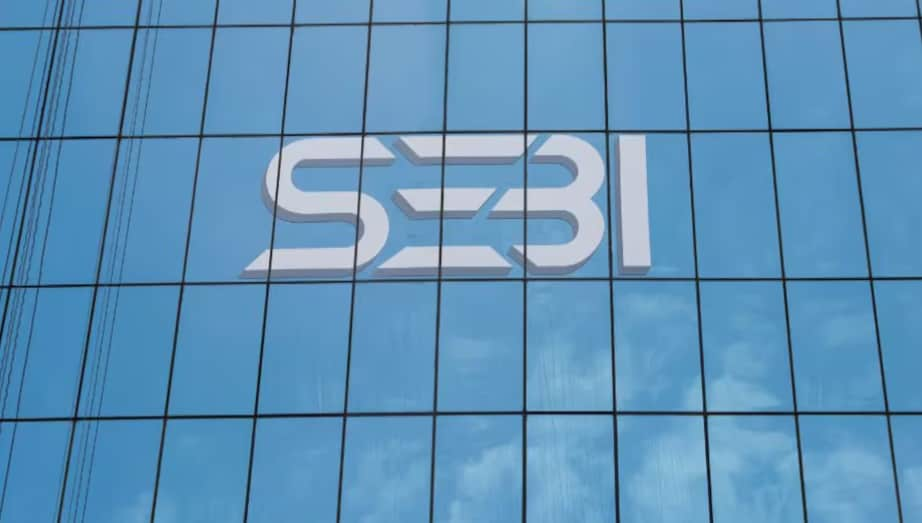The Securities and Exchange Board of India (SEBI) has restricted the sharing of real-time market data around stock prices to third-party entities to clamp down on fantasy games and virtual trading platforms.
In its recent circular, the market regulator directed stock exchanges, clearing members, depositories and stockbrokers to not share real-time price data for third parties. It has also directed market intermediaries to formalise agreements around data sharing and specify the reasons for seeking real-time data. This, however, will not impact media agencies providing real-time data feeds.
SEBI said, ‘Market infrastructure institutions (MIIs) or market intermediaries shall enter into an appropriate agreement with entities with whom they intend to share real-time price data.”
This comes at a time when there has been a rise in betting, leagues, and transactions on such gaming platforms using real-time data on price movements. It is to be noted that in some developed countries, gaming based on real-time feeds is allowed as exchanges earn a significant portion of their revenue from such data dissemination.
‘The said agreement shall provide for activities for which the real-time price data would be used by the entity including the justification that it is required for the orderly functioning of the securities market,’ SEBI added. The regulator has also asked the MIIs and the market intermediaries to take necessary steps to avoid misuse of price data by entities with whom the data is being shared.
The provisions will come into effect on the 30th day from the issuance of the circular (June 22 from counting to the 30th day).
The Securities and Exchange Board of India (SEBI) has restricted the sharing of real-time market data around stock prices to third-party entities to clamp down on fantasy games and virtual trading platforms.
In its recent circular, the market regulator directed stock exchanges, clearing members, depositories and stockbrokers to not share real-time price data for third parties. It has also directed market intermediaries to formalise agreements around data sharing and specify the reasons for seeking real-time data. This, however, will not impact media agencies providing real-time data feeds.
SEBI said, ‘Market infrastructure institutions (MIIs) or market intermediaries shall enter into an appropriate agreement with entities with whom they intend to share real-time price data.”
This comes at a time when there has been a rise in betting, leagues, and transactions on such gaming platforms using real-time data on price movements. It is to be noted that in some developed countries, gaming based on real-time feeds is allowed as exchanges earn a significant portion of their revenue from such data dissemination.
‘The said agreement shall provide for activities for which the real-time price data would be used by the entity including the justification that it is required for the orderly functioning of the securities market,’ SEBI added. The regulator has also asked the MIIs and the market intermediaries to take necessary steps to avoid misuse of price data by entities with whom the data is being shared.
The provisions will come into effect on the 30th day from the issuance of the circular (June 22 from counting to the 30th day).
The circular further added that the price data can be shared for investor awareness and education programmes but without offering any monetary incentive to the participants and with a one-day lag.
